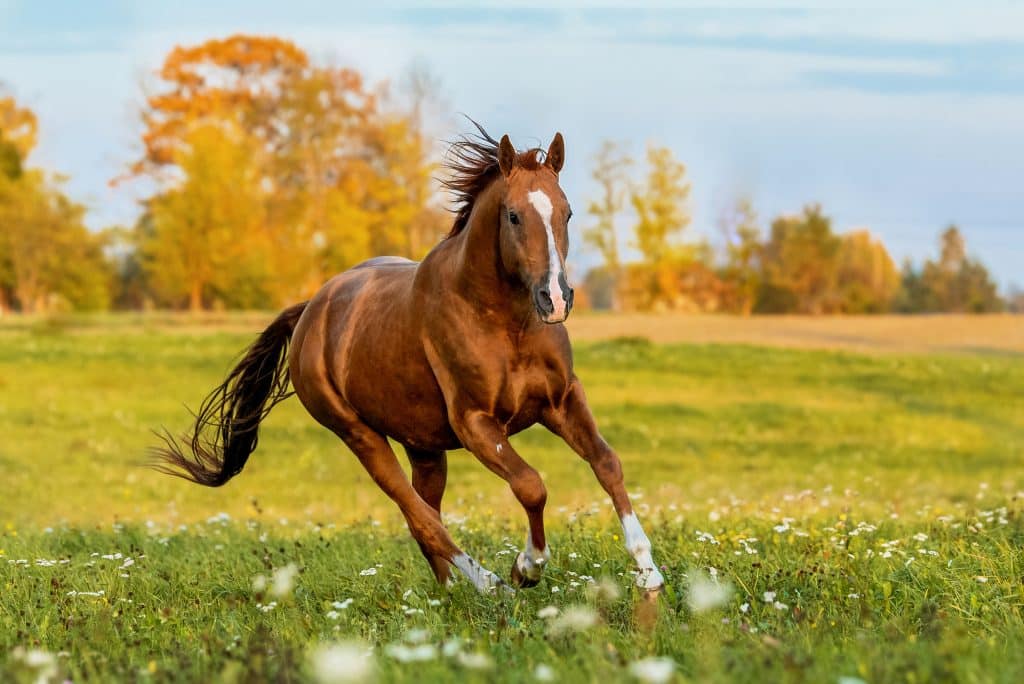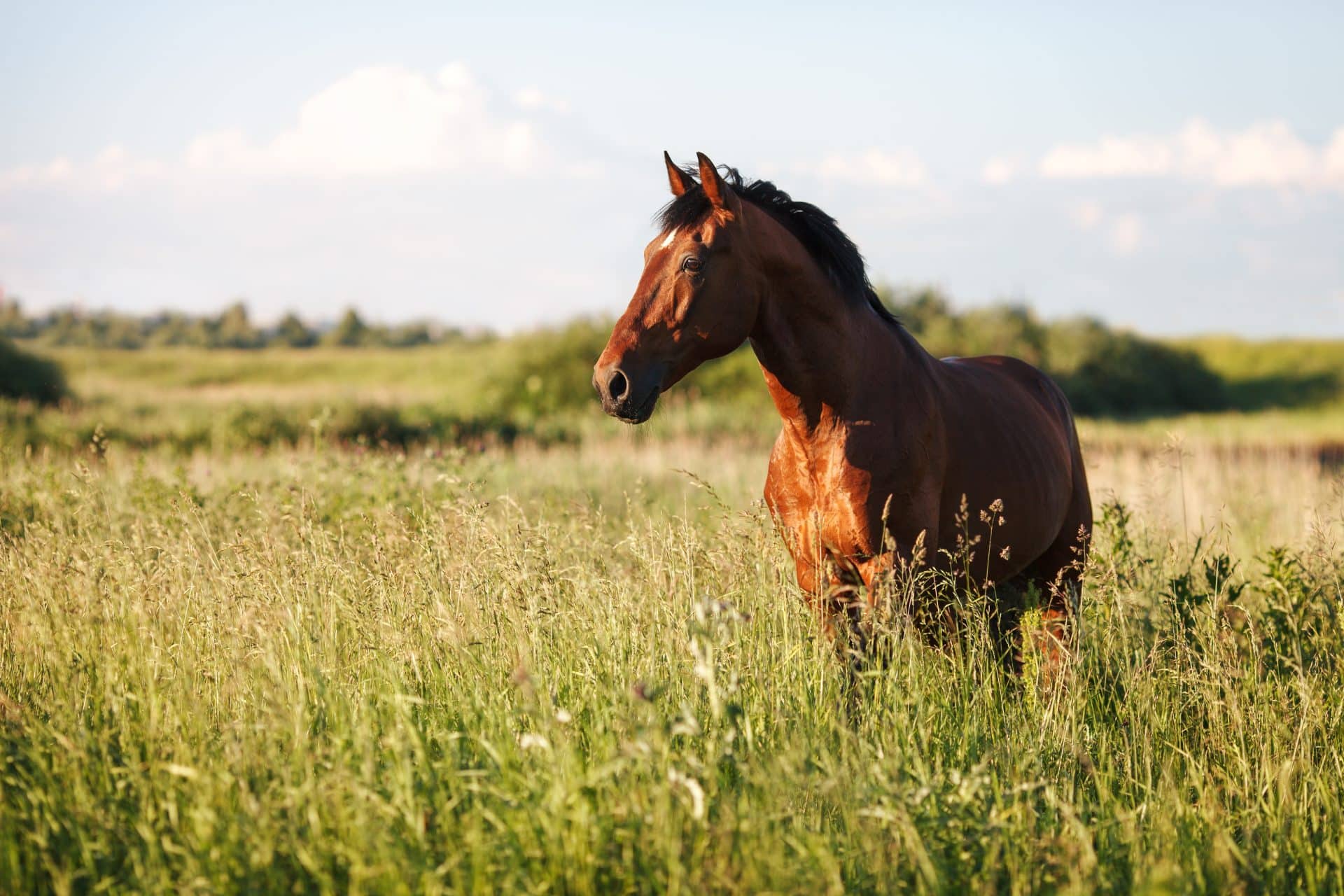A horse needs energy to be healthy and to perform the activities required of it by its rider. Energy intake can be regulated through feed. But it’s often difficult to find a perfectly balanced energy ration for every horse. Especially as energy can often be confused with temperament.
How do you find your horse’s energy balance?
A horse achieves energy balance when it consumes as much energy as it expends. In this case, it meets its vital needs, is able to exert the effort required by its rider and maintains its weight. A horse that receives too much energy will put on weight and may become a little restless. Conversely, if he doesn’t get enough, he’ll lose weight and may tend to be “flabbier”.
To compose the ideal energy ration for your horse, you can use forages (which should be at least the basis of his diet) and possibly complementary feeds, which can be more or less concentrated in energy, enabling you to find the balance between your horse’s weight, his nutritional requirements and the level of energy he needs to do the work you ask of him. In certain cases, you may need to use feed supplements.

How to regulate a nervous horse’s energy?
Many riders wonder how to relax a nervous horse. The horse’s age, breed, environment, health and temperament are all factors that can influence its stress. In the case of a nervous horse, it’s important to distinguish between the “mental” and “energetic” aspects of his behavior. Each horse has its own character, which is not necessarily correlated with the level of energy it receives. On the other hand, it’s easier to regulate a horse’s energy intake than to modify its temperament!
For these horses, avoid foods rich in starch and sugar. Instead, feed rich in fat and fiber. This allows a slow release of energy, as opposed to blood sugar spikes which can agitate the horse. Don’t hesitate to offer your nervous horse as much hay as he likes. This will keep him occupied during the day and prevent him from developing stereotypies (air tics, for example).
There are many feed supplements on the market for managing stress or nervousness, but unfortunately not all horses react in the same way, and it’s often necessary to try several before finding the one that works for your horse.
How do you regulate the energy of a sluggish or inactive horse?
First of all, you need to find out why your horse is “sluggish”. Before acting on the feed, you need to check that there is no underlying health problem preventing your horse from being energetic at work.
Once you’re sure your horse isn’t suffering from any health problems, you can modify his feed ration. The aim is to choose a feed that boosts your horse’s performance thanks to its composition. For this type of horse, it’s best to opt for explosive energy, with feeds where a large proportion of the energy is provided by starch, which he can use during training. Beware, however, that starch-rich feeds (over 30%) can have a harmful effect on the digestive system of horses at risk. If your horse is prone to gastric problems, you should use a feed with a moderate starch content, such as the entire Royal Horse range, whose formulation imposes a limit on starch intake to prevent the risk of gastric problems.



